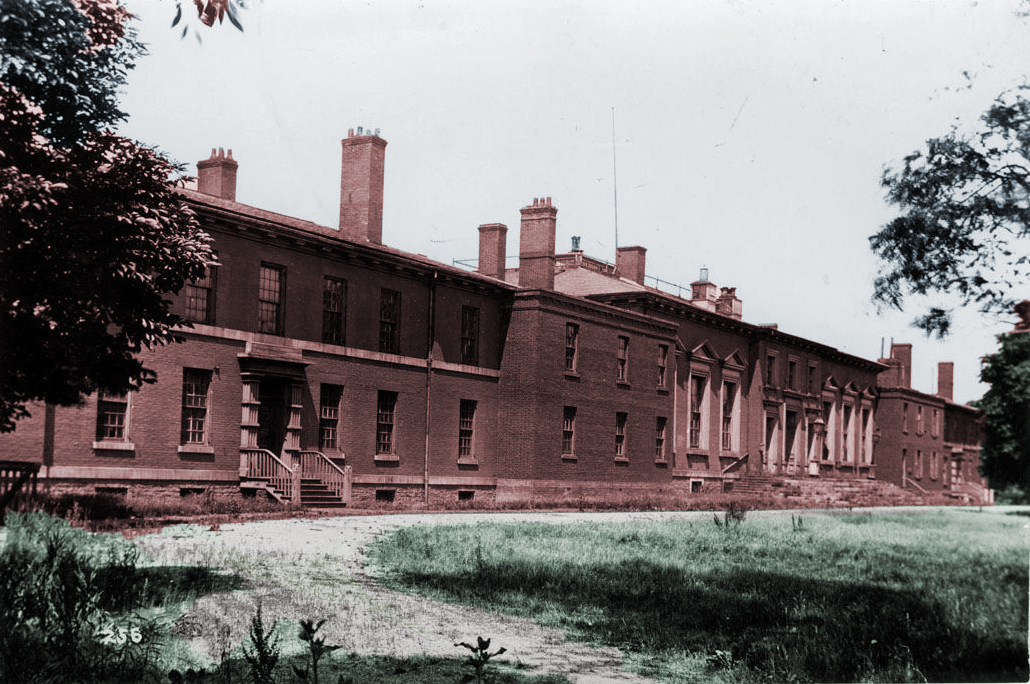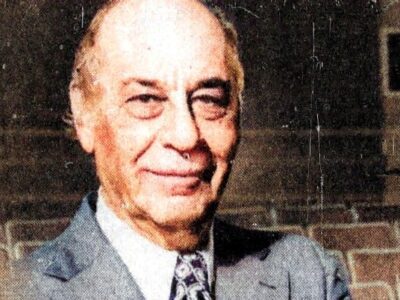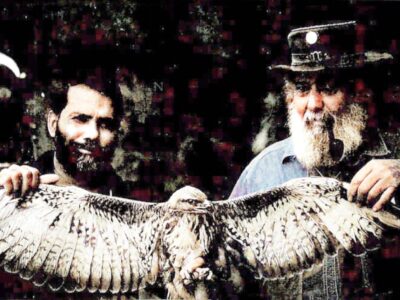Although his current play It’s All True is based on a “labor opera” from the 1930s, and though many of his previous plays have been highly critical of Israel, Toronto playwright Jason Sherman told an audience at Harbourfront recently, “I don’t think of myself as a political playwright any more than I do a Jewish playwright.”
The 36-year-old York University graduate, whose play Three In The Back, Two In The Head won a Governor General’s award for drama in 1995, has nonetheless produced several plays that explore issues of Jewish identity and the Jewish state. And there are likely to be more.
In The League of Nathans, which was first performed in 1992, “three Jewish guys talk about life and Israel,” Sherman said. “On the surface it was a very political piece and there was a wide range of opinion about it in the Jewish press, because it seemed to attack the very underpinnings of Zionism.”
Reading Hebron, first performed in 1997, “went a little further. But I don’t know if I should have a business card that says, ‘Jason Sherman, Political Playwright.'”
Sherman has also produced a dramatized version of the non-fiction work None Is Too Many by Irving Abella and Harold Troper, which focused on Canada’s restrictive anti-Semitic immigration policies before and during World War II.
“I think that theatre has a very practical role to play in slowly changing people=s minds and challenging people to change their beliefs.”
The author of a weekly dramatic segment for the CBC radio program This Morning, Sherman acknowledged that one of his least political plays, Patience, “has received the most attention outside Toronto.” The play concerns the Job-like tribulations of a successful man who suddenly loses his family and business. It’s currently under option by a Hollywood studio, which is paying royalties for the privilege.
“It’s a political play, just not overtly so,” Sherman said. “I was trying to write a play that doesn’t deal on the surface with politics, and see what happens. And what happened is, it was a big hit. I don’t know what the lesson is in that because I don’t want to stop doing plays like League of Nathans. In the end I’ll probably end up somewhere in the middle.”
In both League of Nathans and Reading Hebron, Sherman utilizes a character named Nathan Abramowitz — and he apparently plans to use him again for the final instalment of what will become a trilogy. Asked if Nathan Abramowitz is his alter ego, Sherman replied, “Absolutely. He’s my way of putting myself in my work. And he’s going to go to Israel . . . . I’ve got to get there myself.”
Sherman didn’t meet an actor or director until he was in his third year of York’s playwrighting program, he said. “After I left university I discovered that the best way to write plays is to start revising and rewriting right away. Otherwise, what you’re handing in are perfect plays that work only in your mind. It’s an art form that needs to be spoken aloud.”
The Montreal-born writer was interviewed by Andrea Curtis, editor of This Magazine. Later he took questions from the audience. One questioner noted his “flip” attitude and his frequent humorous asides.
“I have seven brothers, and one of the rites of passage was to make the others laugh,” he explained. “Until you did that you were not a man, even if you had a bar-mitzvah. But God knows humor is important in a play. Because you don’t want to put people through two hours without a laugh line now and then. I’ve done that — and it was a comedy.”
Sherman’s latest play, It’s All True, is set in New York in 1937 at the opening night of Marc Blitzstein’s play The Cradle Will Rock which was directed by Orson Welles. It’s All True is slated to open at the Tarragon Theatre in January. ♦
© 1998






